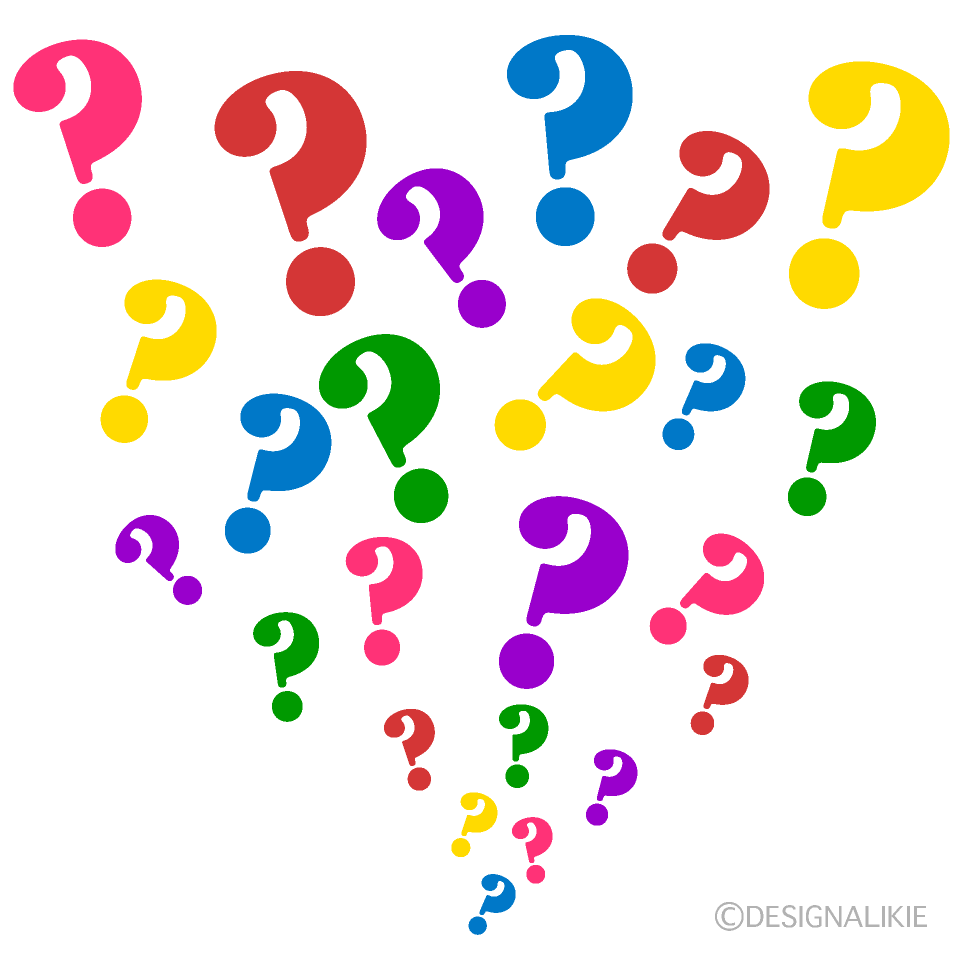On April 29, 1986, the Los Angeles Central Library caught fire, destroying more than 400,000 books before the blaze was extinguished. While an arson suspect was apprehended, the evidence was flimsy and he was never convicted.
With that meager foundation, Susan Orlean tells the story of the fire, the Los Angeles library system, and public libraries in general. Addressing everything from the histories of legendary libraries like Alexandria's to the daily issue of welcoming the homeless without disturbing other patrons, Orlean hits seemingly every angle, with the 1989 fire as home base for every inquiry. A magazine writer by trade, Orlean does a masterful job moving from the specific to the general, offering broad historical overviews and individual character profiles all in the same book.
This book, ultimately, is a love letter to public libraries, an institution that is both dearly loved and completely taken for granted by almost everyone (current drummed-up controversies notwithstanding). For anyone who considers their library card a ticket to wonder, The Library Book is an absolute must-read. One of the finest books I've read in some time.
And no, I didn't check it out from the library. Some books are worth paying for.
THE NINETIES by Chuck Klosterman
Every decade has its own identity, its own vibe, its own legacy. In The Nineties, Chuck Klosterman seeks to mine the moments and memories of the 1990s to see how the things we thought then line up with what we think today.
His central point is that the Nineties were an in-between decade (much like the Seventies)—post-Cold War and pre-9/11, it was a time of peace and prosperity, when privileged young people looked inward and didn't always like what they saw. It was the decade when "selling out" was the worst crime imaginable, when cynicism was in and earnestness was out, when being cool was infinitely more important than being right.
From Nirvana to Zima to Bill Clinton, Klosterman surveys numerous corners of the pop culture landscape, and his insights are constantly competing with your own nostalgia as you read—I lost count of the number of times he'd reference something and I'd say, "oh yeeeeeah, I remember that!" But while the memories are half the fun, it's Klosterman's takes that keep you reading, his way of affirming some of the things we believed then while also poking holes where they're deserved.
Klosterman is a compelling thinker and writer, and following him through the decade is a trip worth taking, especially for Gen X'ers and older Millenials. If you're looking for an easy read about a time that feels way longer ago than it should, check out The Nineties.
KINGDOM COME by Mark Waid and Alex Ross
What would it look like if superheroes ran the world?
That's the basic pitch for Kingdom Come, the epochal 1996 miniseries from Mark Waid and Alex Ross, one that sought to recapture what made DC's traditional heroes special in an era where things were starting to go off the rails in the comics industry. Darker in tone than you'd expect from those two collaborators but ultimately triumphant, this is considered by many one of the finest DC stories of all time.
Kingdom Come is set in a near future where Superman, Batman, Wonder Woman, and their comrades have retired, replaced by entitled upstart "heroes" who aren't living up to their predecessors' example. Coaxed out of retirement, Superman reestablishes the Justice League to set the world aright, only to be opposed by Batman and a hodgepodge of lesser heroes and supervillains who reject Superman's authority. As the battles escalate, it becomes clear that when things come to a head it will be cataclysmic—and that's ultimately what happens when Superman and Captain Marvel face off in a battle of mythic proportions.
As you may have gathered, the story between the lines is arguably more interesting than the story on the page. With Kingdom Come, Waid and Ross were presenting DC's heroes as gods walking among men, showing why they were relevant in a time when it wasn't clear if comics would still be around much longer. Ross' art is perfect for the task, just as it was in the thematically similar Marvels, and Waid is the ideal writer for this kind of story.
Still influential today, Kingdom Come is a classic DC story that reestablished the importance of the company's legacy characters. A must-read for any comics reader.
FANTASTIC FOUR: FULL CIRCLE by Alex Ross
This will be a short review. Alex Ross is a legendary artist, best known for his painterly style on Marvels, Kingdom Come, and more variant covers than you can possibly imagine. He is not renowned for his writing.
Well, in Fantastic Four: Full Circle, an original graphic novel, he does the writing and the art. And the art, instead of his familiar, distinctive style, is a more traditional look. So it's Alex Ross not doing what he does best, and on two different fronts. The result is a book that's not bad per se, but is certainly forgettable. My proof of that is that I'm writing this review 2 weeks after finishing the book and I have literally no recollection of the plot.
My advice? Find it in a comic shop, flip through it to see the pretty pictures, and then put it back on the shelf.

V FOR VENDETTA by Alan Moore and David Lloyd
Because Alan Moore wrote this series, an ongoing serial published in Warrior magazine from 1982 to 1985, it is often considered to be a work of genius. Its popular film adaptation in 2005 and the subsequent adoption of the Guy Fawkes mask by the hacker group Anonymous furthered the assumption that this book was important. The reality? It's an occasionally excellent but ultimately inconsistent narrative which the movie wisely deviated from at the end in the name of telling a complete story.
V for Vendetta tells the tale of Evey Hammond, a poor girl who encounters an anarchist revolutionary named V seeking to topple the 1984-style authoritarian government of a dystopian England. V, whose true identity is never fully revealed, has a dark past associated with the government's rise to power and is now seeking to burn it all down and allow the common people to start from scratch. Over the course of the story, Evey goes from a curious acquaintance to a true believer, even as V inches closer and closer to being captured by the investigators hot on his trail.
As with any story glorifying anarchism, V for Vendetta has at least a hint of satire at its core—it should surprise no one that the book was written during the Thatcher era—though it presents itself as a serious, even tragic tale. The point of the book, that governments should be afraid of their people and not the other way around, is far from subtle as you read, and V serves more as a cipher for the point than a well-rounded character.
Therein lies the problem with this book—it's a point with a story around it instead of a story making a point. Panel to panel, Alan Moore is the genius who would go on to write Watchmen, but when you zoom out, the book is missing the cohesive storytelling that made that book a masterpiece. A victim of its serialized format, V for Vendetta never quite hits its stride; every time a chapter gains some momentum it's time for a new character perspective.
This is a good graphic novel, but not a great one; it shows flashes of Moore's genius, but that genius is not yet fully realized. For comics historians, it's a necessary read—but if you just want to take in the story, watch the movie instead.
HUMAN TORCH: THE COMPLETE COLLECTION by Karl Kesel and Skottie Young
This 12-issue series is probably best remembered as the launching pad for artist Skottie Young, famous for his variant covers featuring superheroes as babies and his independent series I Hate Fairyland. There's good reason for that; he brings a cartoony dynamism capable of turning a C-list book into at least a B-list book. Indeed, it becomes apparent in this volume's final two issues, when veteran Howard Porter has to fill in for him, how much Marvel was relying on Young's talents to make this book sing.
That's not meant as an indictment of writer Karl Kesel, who delivers fun stories issue after issue with the same retro feel he offered in various Fantastic Four fill-in issues and backup stories. But his undeniable status as a utility player for Marvel matches the ambition of this book. Let's face it, a book like Human Torch is inherently limited, in much the same way that a Star Wars TV show or novel is, because nothing "important" is allowed to happen within its pages. Fun, inconsequential romps are fine, but all big character development is reserved for Fantastic Four.
So with that limitation in place, it's up to a young Skottie Young to shine. And while his talent still needed a little honing at this stage, he does bring an undeniable verve to the proceedings. The art in this book doesn't set the world on fire (pun intended), but it does elevate the book. If you're an FF fan, this book is far from essential reading, but Young's art makes it worth the ride.












